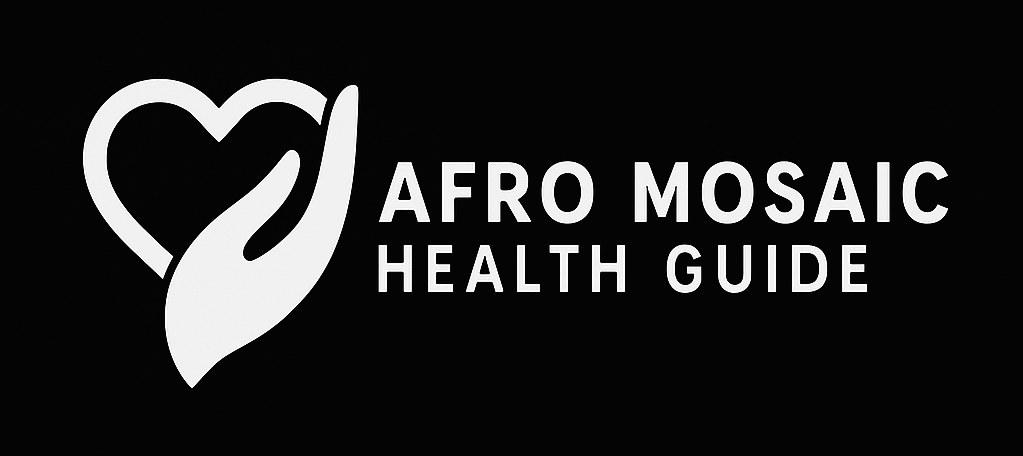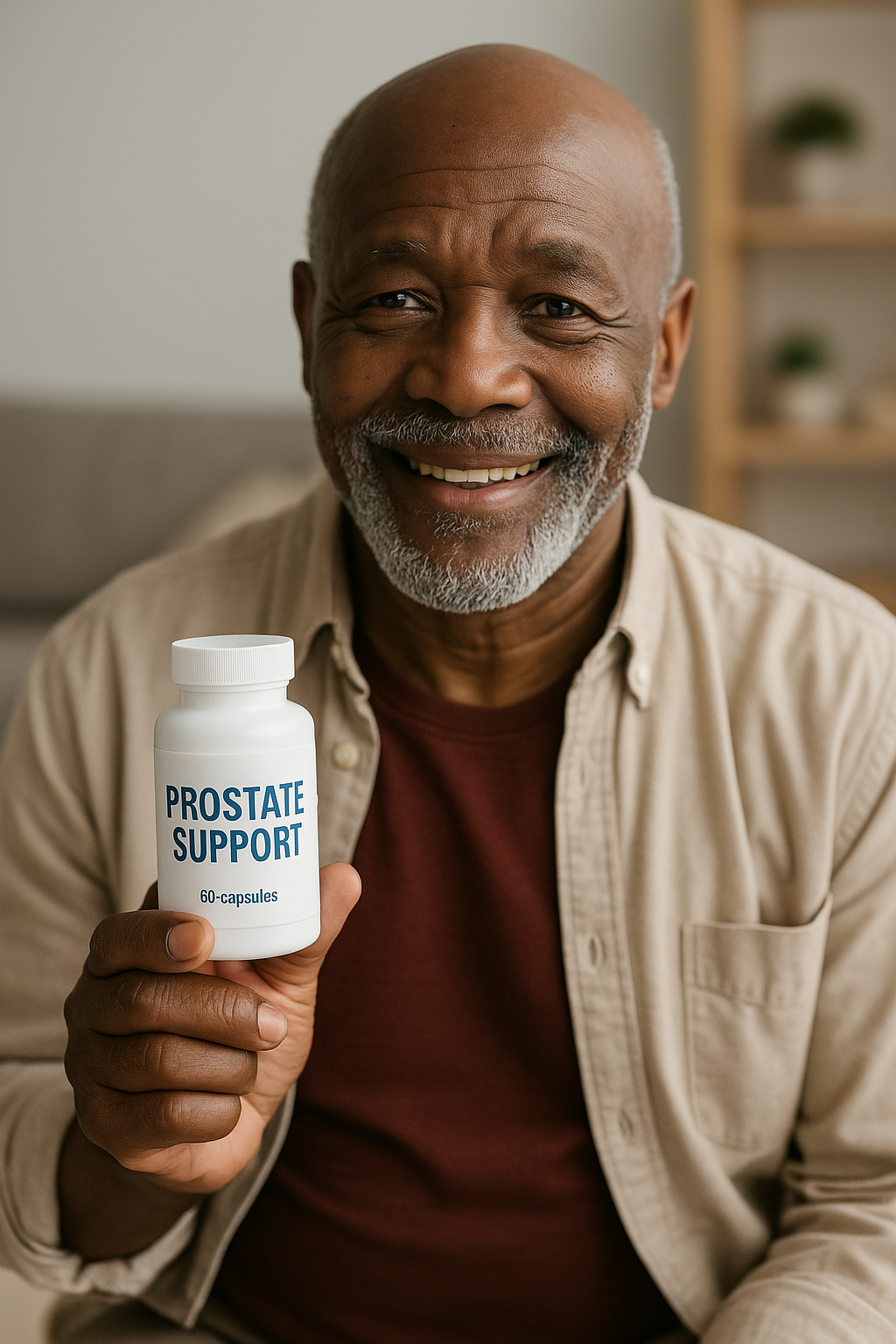It began like a whisper that turned into thunder.
The RSF — Rapid Support Forces — moved fast and without mercy. They didn’t march; they sliced. Cities turned into chessboards. Khartoum, Bahri, Omdurman — each square fought for, lost, and fought for again.
Checkpoints mushroomed overnight. Civilians ducked behind concrete that used to mean safety. Markets bled, headlines blurred, and hope became a rumour. Omdurman was the echo. A bomb in a market. A scream. A silence. Names printed in morning papers — never answered by the living. And in Darfur, the RSF’s home turf, the squeeze was worse. Roads strangled. Grain stores looted. Wells are poisoned by power—no debate, no diplomacy — just the rule of the gun.
Phase Two: The Counterpunch
Then, the tide turned. Slowly. Relentlessly. The Sudanese Armed Forces (SAF) dug in, regrouped, and bit back. Street by street. Ministry by ministry. By early 2025, army flags rose where black smoke had once ruled the skyline. In the green belt — Sudan’s breadbasket — SAF forces surged through Sennar, prying the RSF from key terrain. Further west, Kordofan tangled into chaos: RSF, SAF, local militias — fighting, breaking, realigning. No fixed front. No clear victory. Just shifting sand soaked in loss.
Darfur’s Breaking Point: The Siege of El Fasher
If war has a heart of darkness, it beats in El Fasher. Once a city of traders and teachers — now a graveyard waiting for names. The siege stretched months, then years. Aid strangled. Hospitals gutted. Markets ghosted. Families boiled weeds to survive another dusk. Artillery replaced lullabies. Camps meant for protection turned into targets. Reports called it what it was — starvation as strategy. El Fasher stood, but at a cost that will haunt generations.
As shells fell, alliances twisted. Rebel groups cut deals, traded corridors, and turned a national war into a regional one. Borders blurred. What started in Sudan began bleeding into its neighbours — Chad, South Sudan, Ethiopia, and Egypt. The SAF built its own patchwork of militias to plug the cracks. The map didn’t change — it shattered.

The Human Cost: A Country on the Move
Look beyond the numbers — see the faces. Millions displaced. Tens of thousands dead. Mothers clutching birth certificates like shields. Fathers carrying children who no longer wake. Cities bulge with the displaced. Borders buckle with the desperate. And in places too dangerous for escape, the question isn’t where to go — it’s how to survive another sunrise. Hunger as a Weapon, Disease as a Shadow, Hunger doesn’t make noise — it just steals life. Half the nation now faces acute food insecurity. Famine isn’t coming — it’s already whispering through the camps.
Disease rides shotgun: cholera, malaria, dengue.
Hospitals looted. Generators dry. Vaccines spoiled. More than half of the health system is gone. In El Fasher, thousands of malnourished children wait for food that can’t pass a checkpoint. Their cries don’t reach the world — but they echo through every empty clinic.
Lines Crossed, Promises Broken
Markets. Shelters. Displacement camps. All bombed. All burned. Families running from fire only to find it next door. Atrocities multiply. Investigations stall. Justice postponed. Because in Sudan, impunity is the only law that always delivers. Journalists vanish. Newsrooms are raided. Even truth has to smuggle itself out. What the War Broke Beyond Bodies
Roads gone. Bridges buckled. Towers silent. Water plants rusting in the heat. Infrastructure reduced to memory. Rebuilding won’t be a project — it’ll be a generation’s work. Billions in damage. Years in delay. But money alone can’t fix what corruption will keep breaking. The economy is a hollow drum. Planting seasons missed. Farmers displaced. The Sudanese pound is worth less every month. Markets dry. Oil revenues are gone. Confidence vanished. Every day survival now costs more than life itself.
Politics, Power, and the Mirage of Peace
The flags fly again in Khartoum. Cabinet meetings return. But let’s be honest — symbolism doesn’t feed anyone. It’s a photo op on the rubble. Until security is absolute, and civilians lead the rebuild, the image means nothing. The people don’t need parades — they need peace that holds. Meanwhile, the region trembles. Arms cross borders. Refugees cross rivers. Every neighbouring nation absorbs the shockwave. The risk? Simple: a war that spreads until borders mean less than bullets.
Why Peace Feels Impossible
Because hatred has roots. Because too many carry guns and not enough carry trust. Because aid is treated like leverage, not a lifeline. Because outside powers back inside agendas. Because commanders fear the courtroom more than the battlefield. And because every promise comes with a footnote: until the next round of shelling.
Paths Forward — If There’s Still a Road
- Frozen Lines: Guns fall silent, but peace freezes. Sudan splits in practice, if not on paper.
- Local Ceasefires: The world squeezes corridors open — food and medicine move through the cracks.
- Power-Sharing 2.0: Fragile, flawed, but maybe necessary — one command, one constitution, civilian oversight.
- Army Consolidation: The SAF regains the capital, pushes RSF back — but victory without reform means replay.
- Collapse: No state, just shards. Every checkpoint becomes its own country. Every flag has its own tax.
What Must Happen — Without Delay
1. Stop the shooting.
Immediate, verified pauses in siege zones and population centers. No more excuses. No more “collateral.”
2. Open the arteries.
Let aid convoys roll — food, medicine, water, fuel. Block a road, and you block a heartbeat.
3. Seat civilians at the center.
Not as props. As partners. Especially those from Darfur, Kordofan, and Gezira — the regions that were burned most.
4. One command, one law.
Merge militias or disband them. The gun must serve the flag, not own it.
5. Name the crimes. Try the guilty.
Justice isn’t optional — it’s oxygen. Without it, the next war starts before the ink dries.
6. Fund the future, not the factions.
Rebuild pipes, roads, trust. Tie every dollar to transparency. Don’t buy silence — invest in survival.
The Bottom Line
This war isn’t just about land. It’s about time — time to feed a child, to treat an infection, to rebuild a school before an entire generation grows up knowing only flight, not freedom. Sudan’s war writes the same cruel sentence: suffer now, pay later. The only answer that sells — morally and practically — stops the bleeding, opens the roads, and gives civilians the power to rebuild the peace they’ll have to live in. Because the real victory isn’t who holds the flag — It’s who gets to live beneath it.















